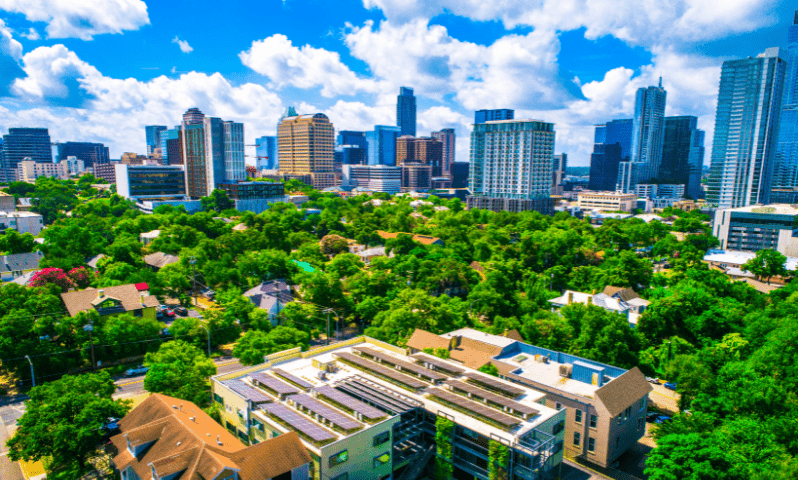Multilevel Governance Approaches to Scale Up Nature-based Solutions in Urban Contexts
Summary of an event organized by the Italian Presidency of G20, UNDP and UNEP, with the contribution of Urban20 and ICLEI.
May 6th, 2021
The event focused on multi-level governance aspects of Nature-based solutions in cities, and on how coordination and cooperation between cities, central governments and implementing partners can foster the scaling-up of solutions. Through an exchange of best practices, the event identified ways to remove barriers to implementation: embedding NbS into planning processes and national strategies, as well as governance processes and business models that involve communities and the private sector, is key to effective multi-level governance.
The community of NbS supporters is growing, and innovative initiatives are flourishing all around the world, with increasing numbers of NbS impact assessments demonstrating their effectiveness. However, despite multiple benefits and successful examples, the full potential of NbS, is far from being realized. Several barriers are slowing down the implementation and large-scale deployment of NbS, starting with perception issues, the interdisciplinary nature of NbS, which requires the involvement of different actors and fields of expertise, and the need to adapt to local contexts. Further demonstration, education and exchange of experience are critical to boost NbS offer and demand.
The first part of the event showed that effectiveness and scaling-up of NbS depends on cities, regions and central governments working together across sectors, departments, and levels of government, making a strong case for integration of Nbs in both urban and infrastructure planning, as well as public procurement processes. This implies connecting science and policy and the economic, social and environmental agendas to harness the strength of NbS, which resides in generating multiple interrelated benefits.
The second segment featured examples of cities working with the private sector and involved citizens, effectively breaking down information, experts and governance silos. Means of ‘getting there’ included: networks to share information, discuss, plan and connect ‘nature buyers’ and ‘nature providers’ as tools to facilitate co-operation and co-creation; mapping as a means to visualise both the degradation and the power of nature and provide a sense of urgency, as well as to help plan actions and track progress over time; engaging communities via “citizen science”; and the blending of public and private finance, and non-financial incentives that play a role in financial viability of the identified solutions. Urban experts face many challenges in bringing nature back to cities. But coming together and engaging with their local communities can go a long way towards the deployment and scaling up of NbS.
UNDP and UNEP had conducted a survey on MLG amongst G20 and Urban20 and ICLEI’s network, and presented their findings.
To conclude, modern urban lives tend to deprive inhabitants of their relationship with nature, and NbS represent an opportunity to restore this link, while meeting a variety of urban needs. A new way of thinking is required to ensure resilience, well-being and social cohesion in cities. Cities should be envisioned as ecosystems, designed with nature in mind, and where building with living materials and green or hybrid infrastructure becomes the new normal.
